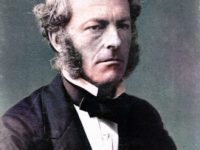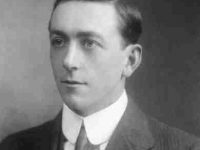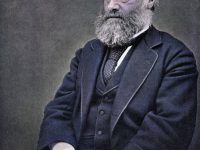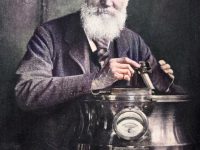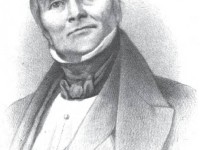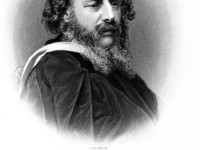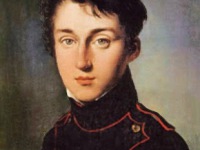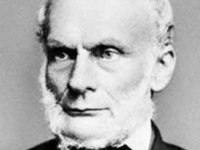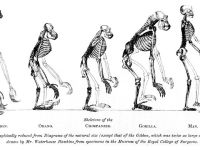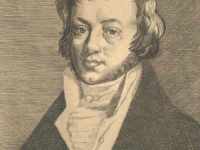Sir George Stokes and Fluid Dynamics
On February 1, 1903, Irish mathematician, physicist, politician and theologian Sir George Gabriel Stokes, 1st Baronet, passed away. Stokes made seminal contributions to fluid dynamics, optics, and mathematical physics including the first version of what is now known as Stokes’ theorem. “It is very difficult for us, placed as we have been from earliest childhood in a condition of training, to say what would have been our feelings had such training never…
Read more

